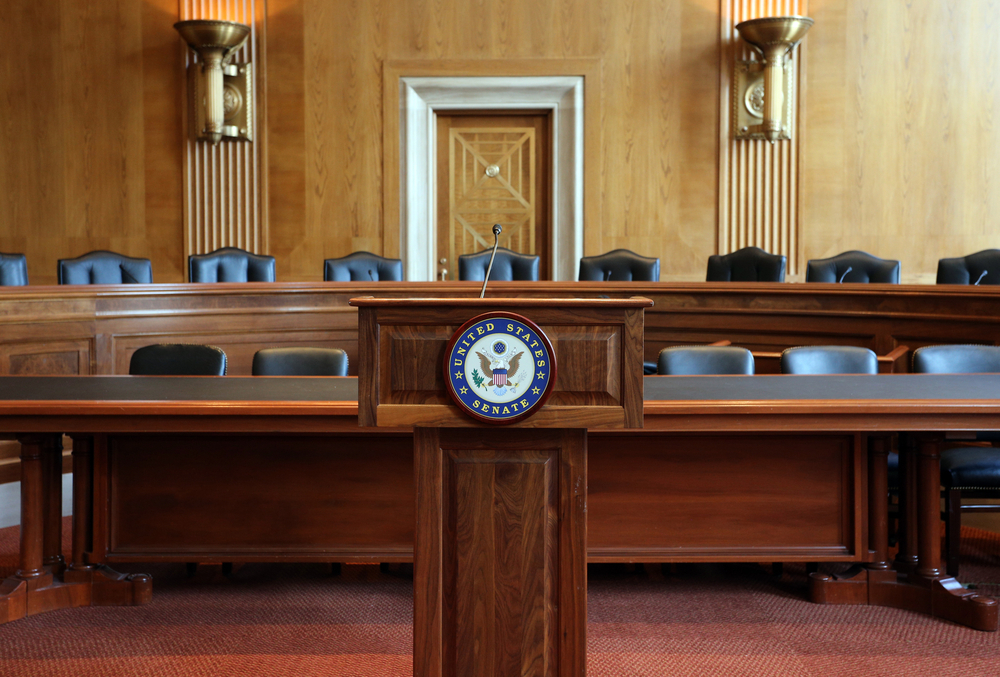
A Senate decision to go on recess amid the novel coronavirus outbreak has drawn the ire of House members, several of which have called on their legislative counterparts to immediately vote on the Families First Coronavirus Act (H.R. 6201).
That act was voted through the House last week and has since received indications of approval from President Donald Trump, removing a potential roadblock to its enactment. Yet Senate Majority Leader Mitch McConnell received a great deal of scrutiny over a decision to send senators home for the weekend, only to state later that the coronavirus relief package would be an urgent priority for the Senate.
In particular, New York, faced with some of the highest coronavirus case counts in the country, is demanding action.
“Our state and local leaders, and healthcare providers are working tirelessly to brace for the full impact of this pandemic,” U.S. Reps. John Katko (R-NY) and Anthony Brindisi (D-NY) said in a joint statement this week. “We must act swiftly to support them. As the strain on our healthcare system increases and prevention and containment efforts impact millions of individuals, families, and businesses, the Senate must take action to immediately to pass the Families First Coronavirus Response Act.”
The bipartisan legislation seeks to offer free coronavirus testing for those in need, paid emergency leave, enhancements to unemployment insurance, strengthening of food initiatives like SNAP and student meals, more funding for Medicaid and clearly stated protections for health care workers and others at the frontlines of exposure and response, along with resources for Central New York hospitals — although the specifics have come under question from groups like the Infectious Diseases Society of America (IDSA).
In a letter to McConnell directly, Katko and Brindisi urged immediate relief and noted the bill as a means to that end.
“Following Congressional approval of supplemental appropriations to address this pandemic, this legislation provides immediate, targeted relief to those impacted by COVID-19,” the Congressmen wrote. “Included in H.R. 6201 are critical provisions to improve our public health response to the pandemic, by ensuring all Americans have access to timely and free testing as well as increasing Medicaid funding to states taking on costly efforts to contain and prevent the spread of the virus in their communities. This legislation addresses serious secondary impacts to our youth, working families, and businesses by providing emergency nutrition assistance, establishing a temporary paid leave program without burdening small and medium-sized businesses, and increasing federal funding for unemployment insurance.”




